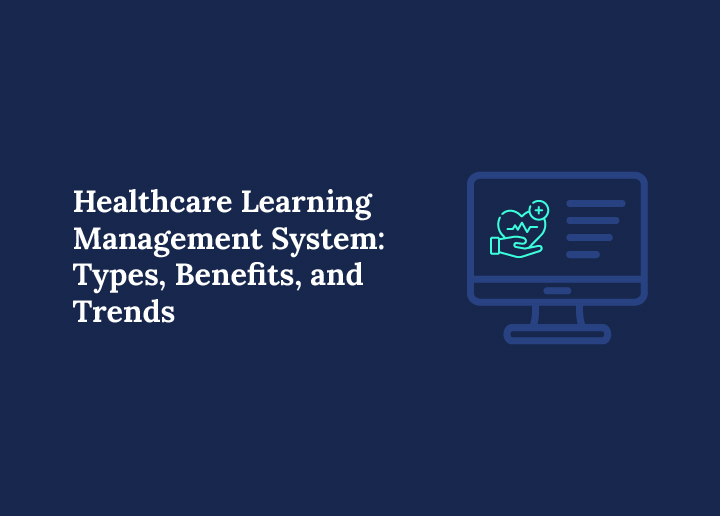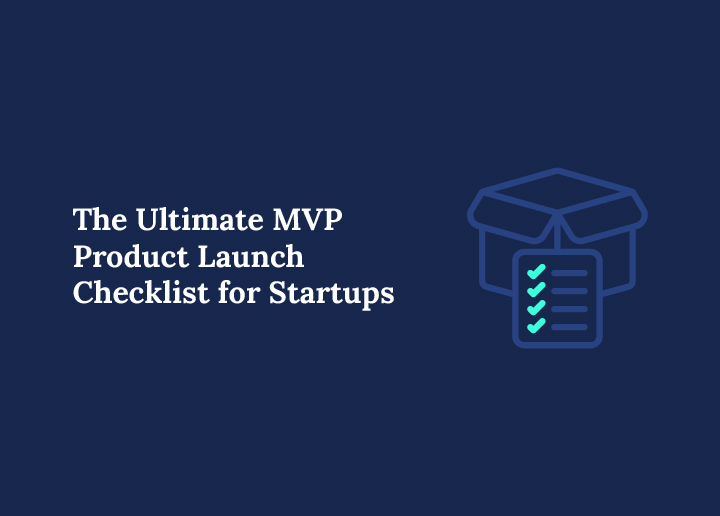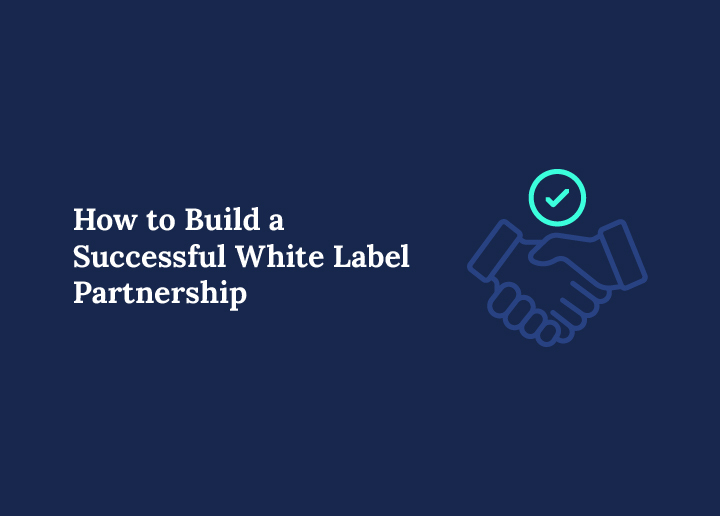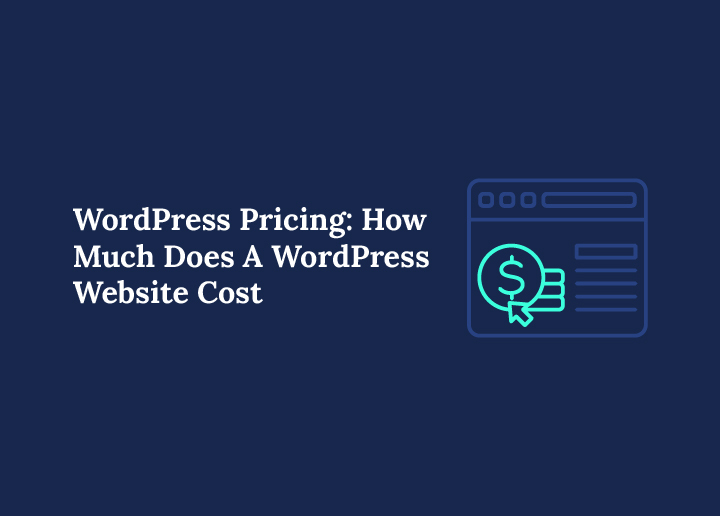The healthcare industry operates in a constant state of evolution. From new medical breakthroughs and treatment protocols to ever-changing regulatory compliance, healthcare organizations face immense pressure to keep their workforce highly skilled and up-to-date. In this dynamic environment, traditional training methods often fall short, leading to inefficiencies, increased costs, and potential risks to patient care. This is where a Healthcare Learning Management System (LMS) becomes not just a helpful tool, but an indispensable strategic asset.
This comprehensive guide will explore the intricacies of a healthcare learning management system, detailing its types, profound benefits, and the transformative trends shaping its future. Whether new to the concept or looking to optimize an existing system, this blog offers insights for every level of understanding.
Understanding Healthcare LMS: The Foundation of Modern Medical Training
Imagine a world where every healthcare professional, from a seasoned surgeon to a new administrative assistant, has immediate access to the precise training materials they need, whenever and wherever they need them. With a robust healthcare learning management system, this vision is a reality.
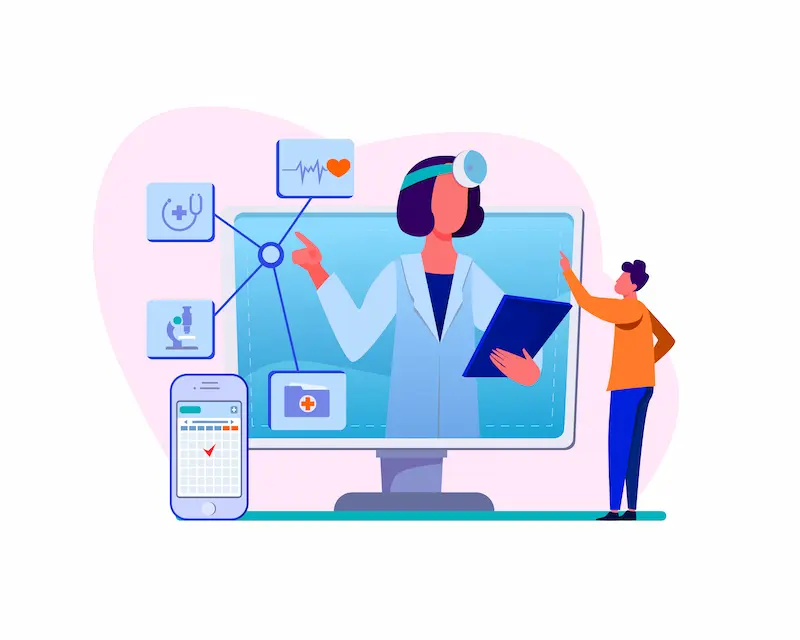
A learning management system (LMS) is a specialized software solution designed to manage and deliver training programs to healthcare professionals. Unlike generic LMSs, healthcare LMSs are purpose-built to address the unique demands of the healthcare industry. They act as a centralized platform for creating, managing, and tracking online training courses, compliance training, and continuing education.
Healthcare organizations use an LMS to achieve several critical objectives: they ensure strict adherence to regulatory requirements like HIPAA and OSHA, significantly improve patient care through up-to-date knowledge, and drastically reduce training costs while enhancing overall efficiency. Providing consistent, high-quality training across diverse healthcare facilities and departments is paramount for maintaining industry standards and fostering a culture of continuous learning.
Optimize Your Healthcare LMS with Expert Support
Ensure your Healthcare Learning Management System runs smoothly, stays compliant, and delivers maximum impact with Seahawk Media’s specialized LMS maintenance and support services.
Key Features and Functionalities of a Robust Healthcare LMS
A robust healthcare learning management system offers key, streamlined, and enhanced healthcare training features. These functionalities ensure healthcare professionals receive the necessary knowledge and skills efficiently and effectively.
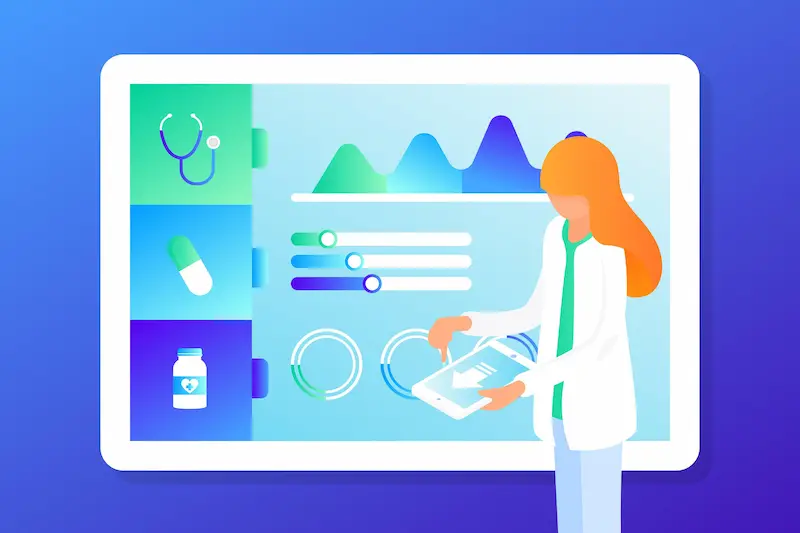
Core Features for Effective Training
Implementing a healthcare learning management system means unlocking a suite of powerful functionalities designed to optimize every aspect of healthcare training. These features are carefully crafted to meet healthcare organizations’ stringent demands and unique operational flows.
Compliance Tracking and Management
In the healthcare industry, compliance tracking and management are essential and non-negotiable. A dedicated healthcare LMS ensures healthcare organizations maintain rigorous adherence to regulatory requirements such as HIPAA (Health Insurance Portability and Accountability Act), OSHA (Occupational Safety and Health Administration), and JCAHO (Joint Commission on Accreditation of Healthcare Organizations).
The system automates tracking complete training modules, certifications, and renewal dates, generating audit-ready reports crucial for demonstrating regulatory compliance and avoiding hefty penalties.
Personalized Learning Paths
Every healthcare professional has unique training needs based on their role, specialty, experience level, and individual skill gaps. A healthcare LMS facilitates the creation of personalized learning paths, allowing administrators to tailor training modules and content.
For example, nurses might have specific compliance courses and clinical procedure training modules, while administrative staff require different instruction on data security and patient registration. This tailored approach supports targeted skill development and enhances the learning experience.
Interactive Modules and Offline Learning Capabilities
Engaging content is vital for effective learning and retention. To enhance engagement, a modern healthcare LMS incorporates interactive modules, including videos, simulations, quizzes, case studies, and gamified elements.
Recognizing medical professionals’ demanding and often unpredictable busy schedules, many systems also offer offline learning capabilities. This allows healthcare professionals to download training materials and complete training without an internet connection, ensuring flexibility and accessibility.
Automated Workflows and Reminders
Managing training programs for a large healthcare workforce can be an administrative nightmare without automation. A healthcare LMS provides automated workflows for assigning learning assignments, enrolling users in training courses, and sending automated reminders for upcoming deadlines or certifications. This significantly streamlines training management and reduces the administrative burden on healthcare organizations.
Seamless Integration with Existing Systems
For optimal efficiency and data accuracy, a healthcare learning management system should seamlessly integrate with existing systems such as HR information systems (HRIS) and Electronic Health Records (EHRs).
This integration ensures smooth data exchange, allowing for synchronized team member records, performance data, and a holistic view of an individual’s professional development alongside their clinical responsibilities. Single Sign-On (SSO) capabilities further simplify user access.
Advanced Features for Enhanced Learning
Beyond the core functionalities, advanced features elevate the utility of a healthcare LMS. These include robust course management tools, sophisticated progress tracking dashboards, and advanced data security protocols tailored for sensitive patient and team member data.
Many systems also offer social learning features, enabling peer-to-peer knowledge sharing and collaboration among healthcare professionals.
Learn More: How LMS Consultation Enhances E-Learning Success
The Transformative Benefits of Using an LMS in Healthcare
Implementing a healthcare learning management system yields substantial advantages for healthcare organizations, impacting everything from operational efficiency to patient care quality.
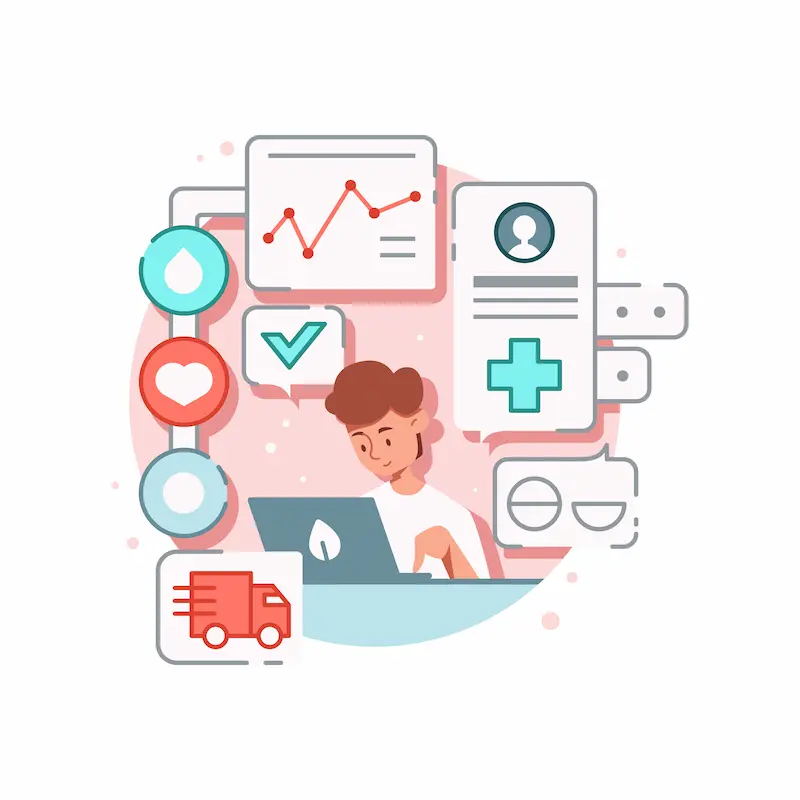
Enhanced Regulatory Compliance and Risk Mitigation
One of the primary focus areas for any healthcare organization is regulatory compliance. An LMS provides a structured, verifiable method to ensure compliance with critical regulations like HIPAA, OSHA, and other industry standards. By automating compliance tracking, managing certifications, and providing easily accessible compliance courses, the system significantly reduces the risk of non-compliance penalties and legal issues, protecting both the organization and its healthcare professionals.
Improved Patient Care and Safety Outcomes
Ultimately, the goal of all healthcare training is to enhance patient care. A healthcare LMS plays a pivotal role by ensuring that healthcare professionals are consistently updated with the latest medical practices, treatment protocols, and safety procedures.
Regular, accessible online training helps reduce medical errors, promotes adherence to industry best practices, and cultivates a highly competent healthcare workforce, directly leading to improved patient care outcomes and enhanced patient safety.
Significant Cost Reduction and Increased Efficiency
Traditional corporate training methods, such as in-person seminars and workshops, involve considerable training costs related to travel, venue rental, printed training materials, and instructor fees.
A healthcare LMS dramatically cuts these expenses by shifting training to an online, centralized platform. This digital approach also boosts efficiency by automating administrative tasks, freeing up valuable time for healthcare experts to focus on their primary focus: patient well-being.
Increased Employee Engagement, Retention, and Professional Development
Healthcare professionals often thrive on opportunities for professional development and continuous growth. A healthcare LMS fosters increased team member engagement by offering personalized learning experiences and a wide array of development programs.
This investment in talent development signals to employees that the organization values their growth, leading to higher morale, improved job satisfaction, and ultimately, better team member retention in a highly competitive job market.
Centralized Training Management and Data-Driven Insights
A learning management system centralizes all training programs and materials in one accessible location, providing a single source of truth for all training activities. A healthcare LMS offers robust reporting and analytics features to track progress, monitor team member performance, and identify skill gaps. This data-driven approach allows healthcare organizations to assess the effectiveness of their training programs, make informed decisions, and continuously refine their learning strategies.
Further Reading: LMS vs LCMS: Which System Is Right For Your E-Learning Needs
Implementing and Managing a Healthcare LMS: A Strategic Approach
Successful LMS implementation requires careful planning and execution. It’s not just about purchasing a software solution; it’s about integrating it effectively into the organizational culture.
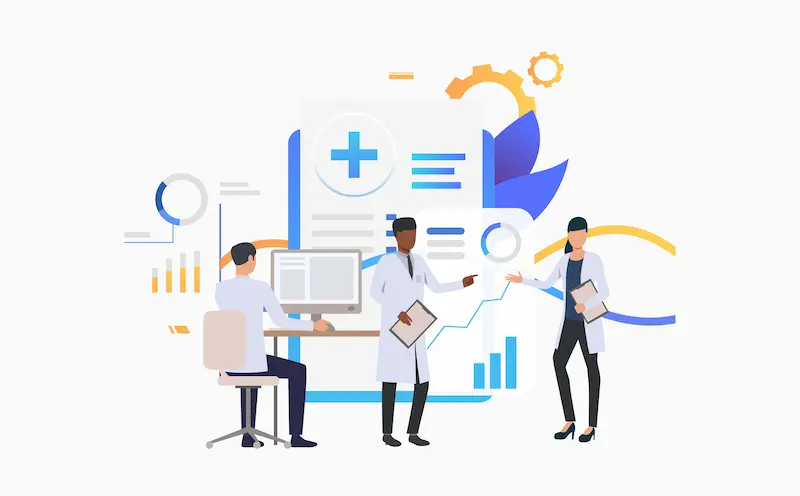
Steps to Successful LMS Implementation
- Define Organizational Objectives and Training Needs: Before selecting a system, clearly articulate the organizational objectives for the LMS. What specific training needs must it address? What compliance challenges need solving? Identifying these goals will guide the selection process.
- Selecting the Right LMS Vendor: Research and evaluate potential healthcare LMS vendors based on their key features, pricing models, customer support, scalability, and crucially, their adherence to stringent data security and regulatory compliance standards. Look for vendors with proven experience in the healthcare industry.
- Developing a Comprehensive Implementation Plan: This plan should outline clear timelines, allocate necessary resources (both human and financial), and define the scope of content migration and system configuration.
- Providing Training and Support to End-Users: User adoption is critical. Provide comprehensive training and ongoing support to both healthcare professionals and administrators. An intuitive interface and easy accessibility are key.
- Monitoring Progress and Evaluating Effectiveness: Continuously monitor progress and gather feedback. Use the LMS’s reporting tools to evaluate the effectiveness of training programs and make data-informed adjustments.
Read More: WordPress Medical Website Maintenance: The Ultimate Guide
Ensuring Regulatory Compliance Through LMS
A healthcare learning management system is a powerful tool for regulatory compliance. It should offer built-in features for automated compliance tracking, generate audit trails, and report who has completed training modules and when.
It’s vital that the chosen LMS inherently supports HIPAA compliance for Protected Health Information (PHI) and meets all relevant industry standards for data security. Regularly review and update compliance courses within the LMS to reflect regulation changes.
Best Practices for Effective LMS Use
To maximize the value of your healthcare LMS:
- Define clear goals for each training program.
- Ensure training materials are consistently up to date.
- Encourage feedback from healthcare professionals to foster continuous improvement.
- Leverage data analytics to pinpoint areas for enhancement and track individual and team skill development.
Overcoming Common Challenges
LMS implementation can present challenges:
- Resistance to Change: Address this by clearly communicating the benefits, providing ample training and support, and involving key stakeholders early.
- Technical Issues and Integration Challenges: Opt for vendors with robust integration capabilities and strong technical support. Plan integrations carefully with existing systems.
- Limited Resources and Budget Constraints: Highlight the long-term ROI and training cost savings. Consider a phased implementation if needed.
- Difficulty in Tracking Effectiveness: Utilize the robust features of the LMS’s reporting tools. Define clear metrics for success from the outset.
Further Reading: Top WordPress LMS Themes to Elevate Your eLearning Business
The Future of Healthcare LMS: Emerging Trends and Technologies
The landscape of healthcare learning is rapidly evolving, driven by technological advancements. The healthcare learning management system will be at the forefront of this transformation.
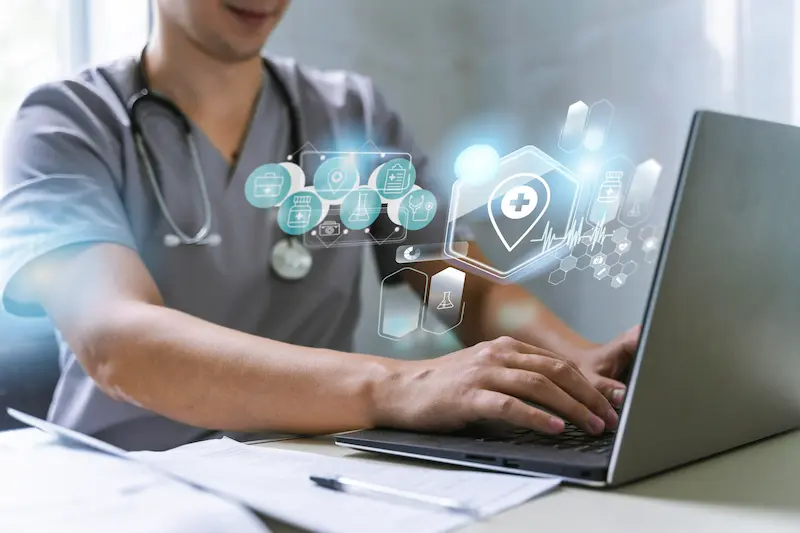
Artificial Intelligence (AI) and Machine Learning (ML)
AI and ML are set to revolutionize personalized learning in healthcare. AI can analyze team member performance data to recommend tailored training modules, identify potential skill gaps before they become critical, and generate dynamic learning materials. This ensures that medical professionals receive specific training when and how they need it.
Virtual Reality (VR) and Augmented Reality (AR)
Virtual and augmented reality transform healthcare training by providing immersive, risk-free environments. Imagine surgeons practicing complex procedures in a VR simulation, or nurses learning to operate new medical equipment through AR overlays. These technologies enhance skill building, practical application, and knowledge retention in ways that traditional methods cannot.
Mobile Learning and Microlearning
Given the demanding and often unpredictable busy schedules of healthcare professionals, mobile learning and microlearning are becoming essential. Microlearning apps allows learners to use bite-sized training modules on their smartphones or tablets, during short breaks or commutes. This approach supports just-in-time learning and caters to the need for flexibility.
Integration with Emerging Technologies
The future will see deeper integration of healthcare LMS with other cutting-edge technologies:
- Blockchain: For secure, immutable credentialing and certification tracking, streamlining professional validation.
- Internet of Things (IoT): Data from IoT-enabled medical devices could be incorporated into training scenarios, offering real-time insights and practical application.
Increased Focus on Data Analytics and Reporting
Future healthcare LMS platforms will offer more sophisticated data analytics and reporting capabilities. This will allow healthcare organizations to gain deeper insights into staff progress, training program effectiveness, and the overall impact on patient care and organizational outcomes. Benchmarking and predictive analytics will become standard, enabling proactive adjustments to training strategies.
Also Learn: How to Create an LMS Website With WordPress
Additional Considerations for a Comprehensive Healthcare LMS Strategy
Beyond the immediate benefits and future trends, several other factors contribute to a successful healthcare learning management system strategy.
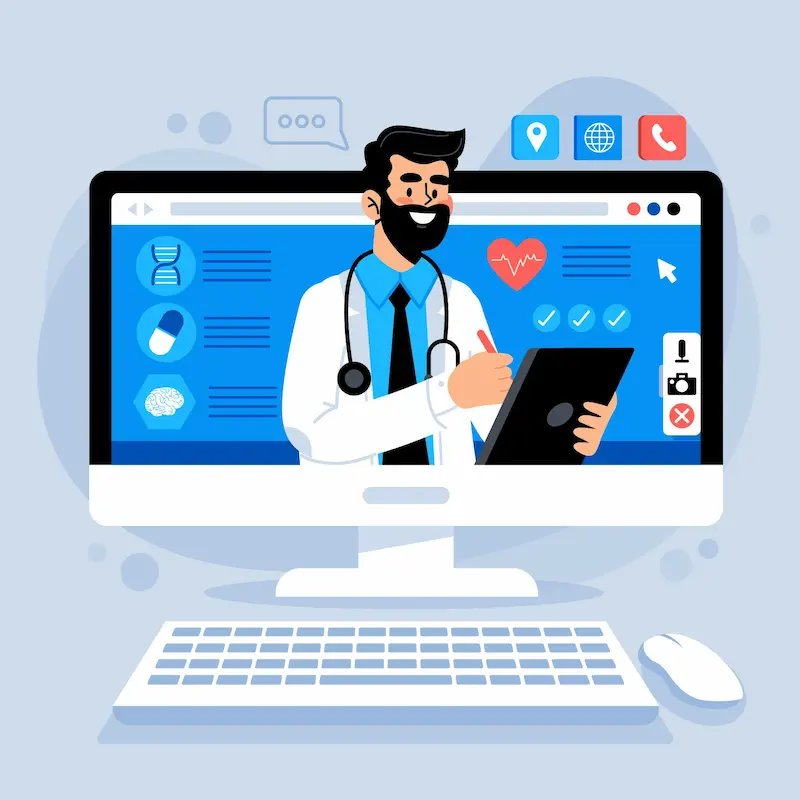
LMS Vendor Selection: A Critical Decision
Choosing the proper healthcare LMS vendor is paramount. Consider factors such as:
- Features: Does it offer the robust features your organization needs, including strong compliance tracking and personalized learning?
- Pricing: Understand the various pricing models (e.g., subscription, per-user, perpetual license).
- Customer Support: Evaluate the responsiveness and expertise of their support team.
- Scalability: Can the system grow with your healthcare organization as your workforce expands?
- Security and Compliance: This cannot be overstated. Ensure the vendor meets all industry standards for data security and HIPAA compliance.
- Reviews and References: Look for reviews and ask for references from other healthcare facilities using the system. Don’t hesitate to contact sales for detailed discussions.
Discover More: Best Medical Website Templates
Customization and Configuration: Tailoring the LMS to Your Needs
A flexible healthcare learning management system allows for significant customization to align with your organization’s specific brand, workflows, and training programs. This includes configuring user roles, setting up automated learning assignments, and tailoring reports to meet your unique reporting requirements. Integration with existing systems like HRIS and EHRs is crucial for seamless data flow.
User Adoption and Engagement Strategies
A robust LMS is only effective if your healthcare professionals use it. Strategies to encourage user adoption and engagement include:
- Ensuring the LMS is intuitive and easy to navigate.
- Offering incentives or recognition for complete training.
- Providing ongoing support and clear communication about the benefits.
- Leveraging interactive modules and varied learning materials.
Know More: Best Healthcare Plugins for WordPress
Measuring ROI and Continuous Improvement
Calculating a healthcare LMS’s Return on Investment (ROI) involves assessing direct training costs, savings, and indirect benefits such as improved patient care outcomes, reduced compliance risks, and higher team member retention. Regular evaluation using the LMS’s reporting and analytics tools helps identify areas for continuous improvement in training programs and overall talent development.
Security and Data Privacy
Given the sensitive nature of patient and team member data, data security and privacy are non-negotiable for a healthcare LMS. Ensure the platform employs robust encryption, multi-factor authentication, and strict access controls. To safeguard protected health information (PHI), it must adhere to all relevant data protection regulations, especially HIPAA compliance. Regular security audits are also critical.
Know More: How to Design a Doctor’s Website
Conclusion: Empowering Healthcare Through Strategic Learning
The healthcare industry is dynamic and demands constant adaptation and skill development. A well-implemented healthcare learning management system is no longer a luxury but a fundamental necessity for healthcare organizations striving for excellence. It is a critical tool for ensuring compliance, significantly improving patient care, and drastically reducing training costs.
By leveraging key features such as compliance tracking, personalized learning paths, and automated workflows, an LMS empowers healthcare professionals to access the necessary knowledge and training at their convenience. The future of healthcare learning will continue to be shaped by innovations like AI, VR/AR, and microlearning, promising even more engaging and effective development programs.
As healthcare experts look to the future, investing in a robust, secure, and user-friendly healthcare LMS remains a strategic imperative. It ensures your healthcare workforce is always up to date, competent, and ready to deliver the highest quality of patient care, ultimately contributing to your healthcare organization’s long-term success and resilience.
